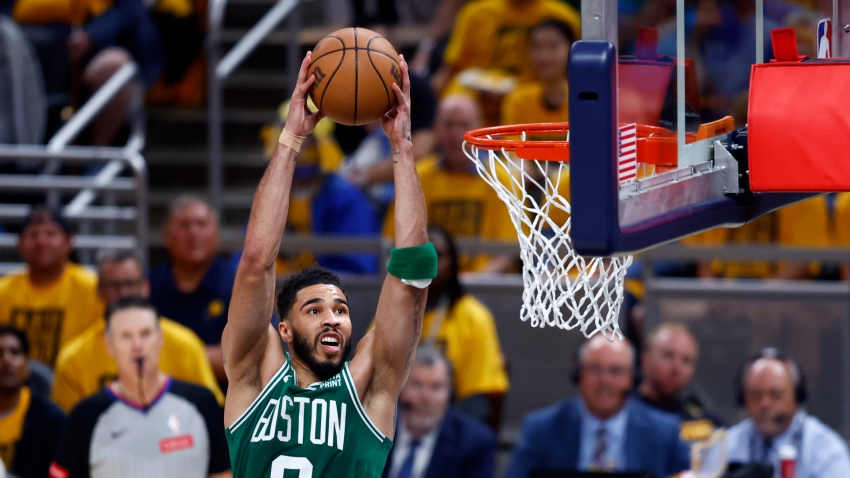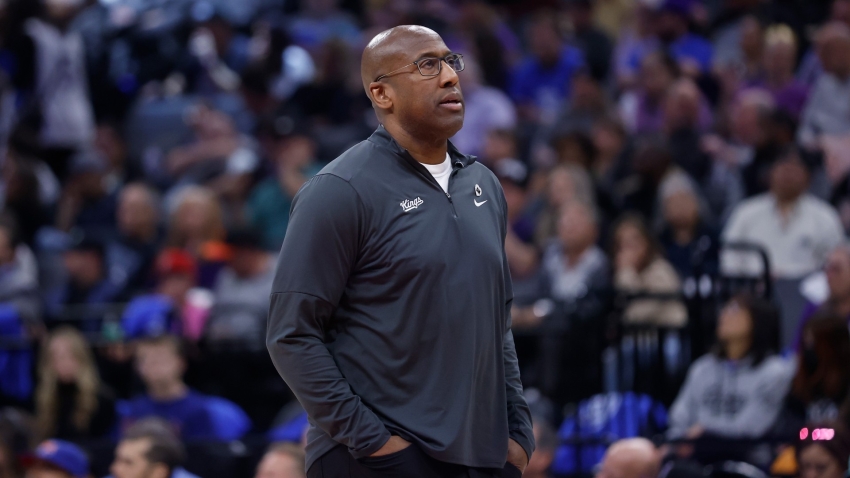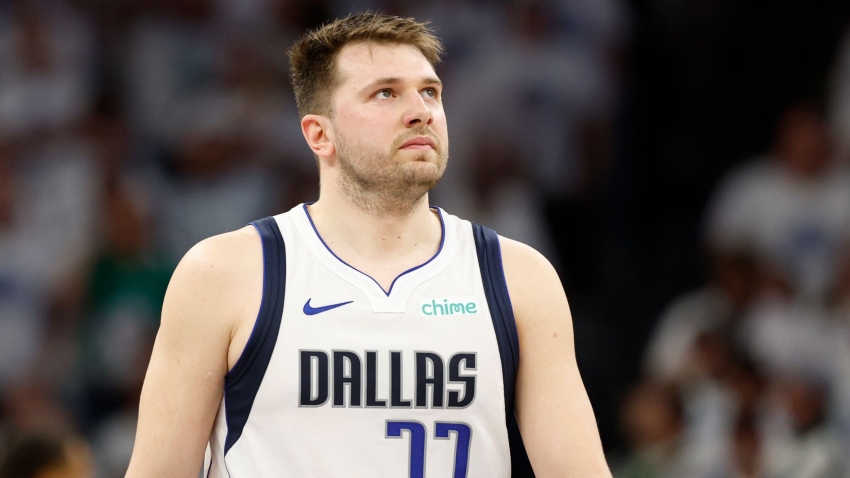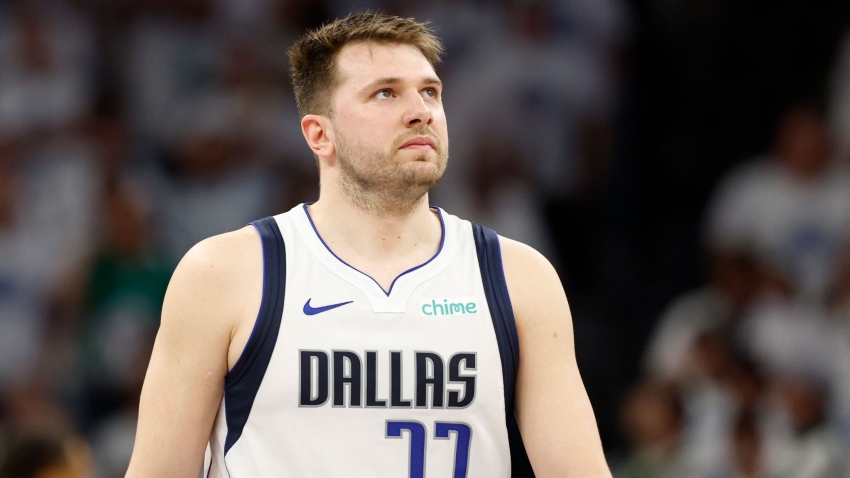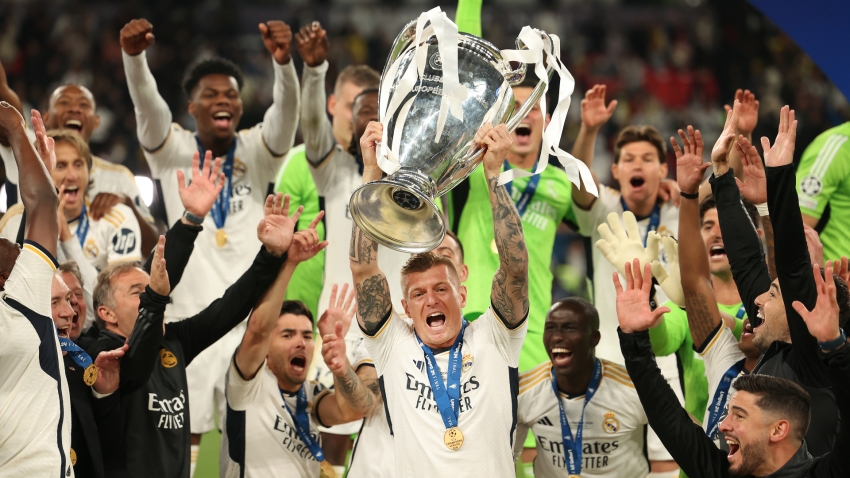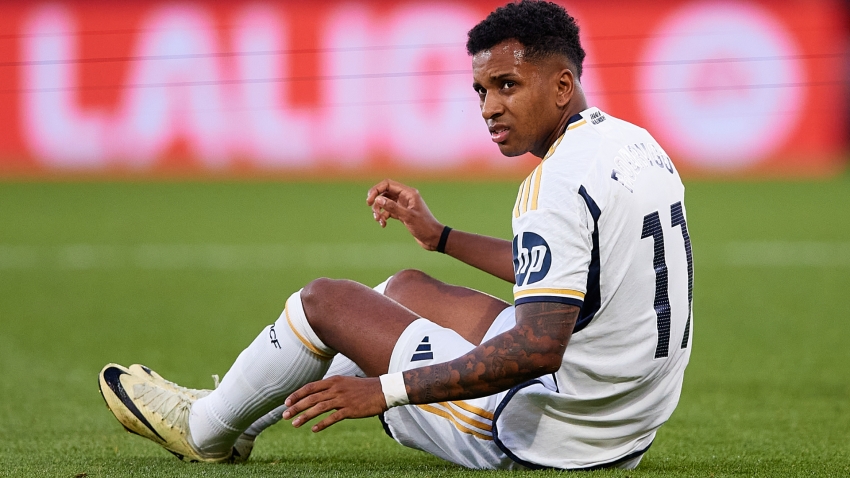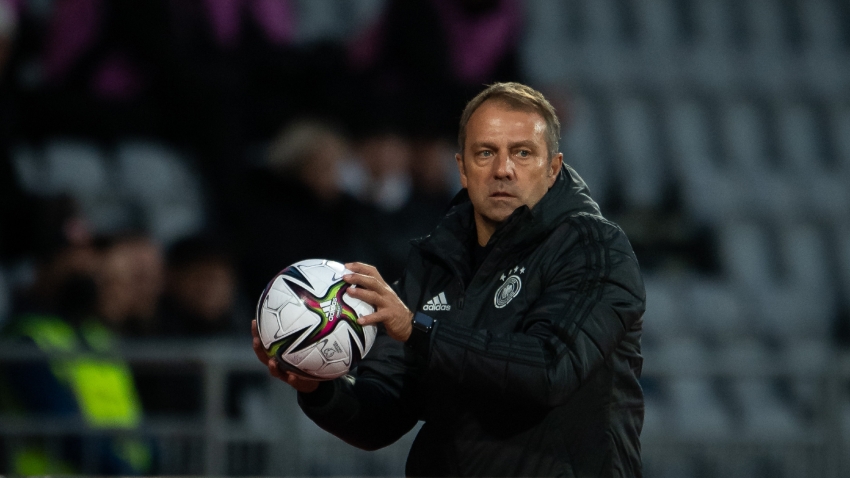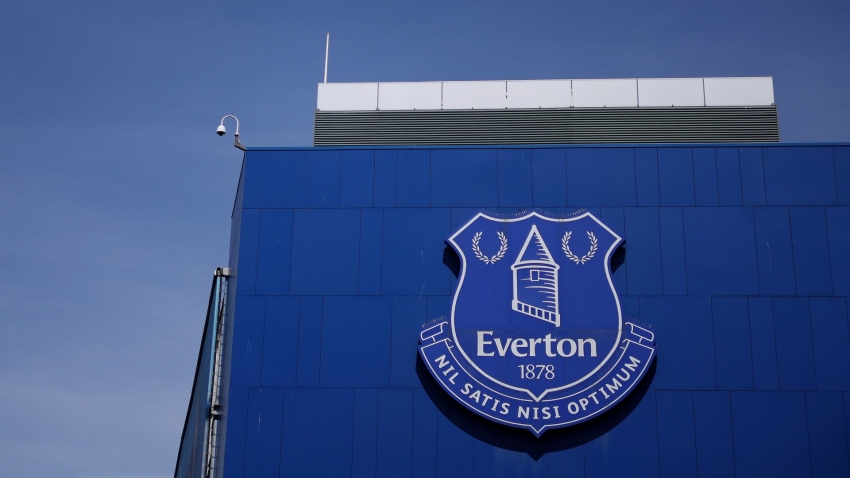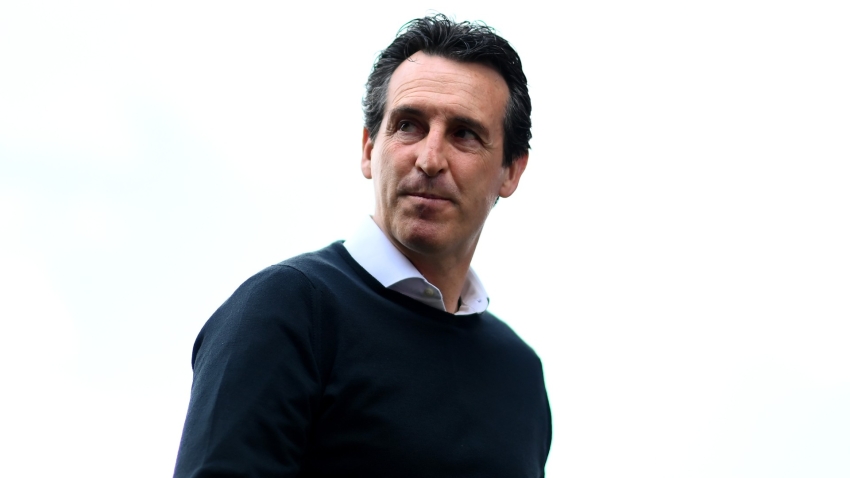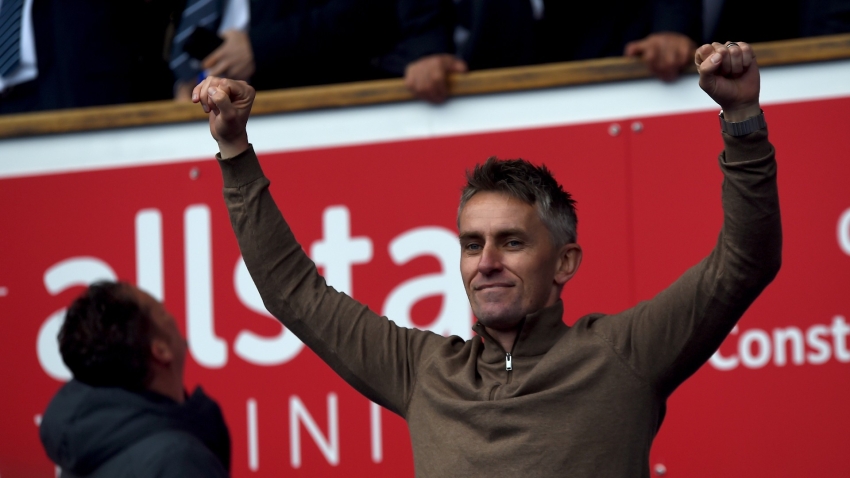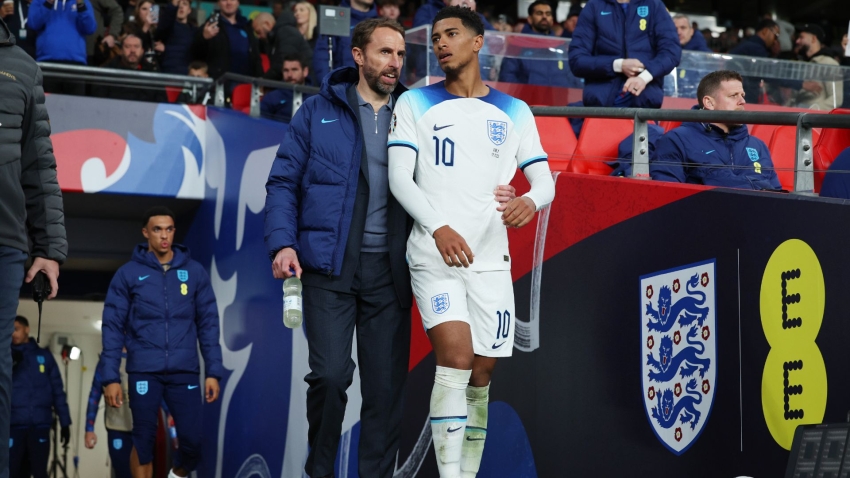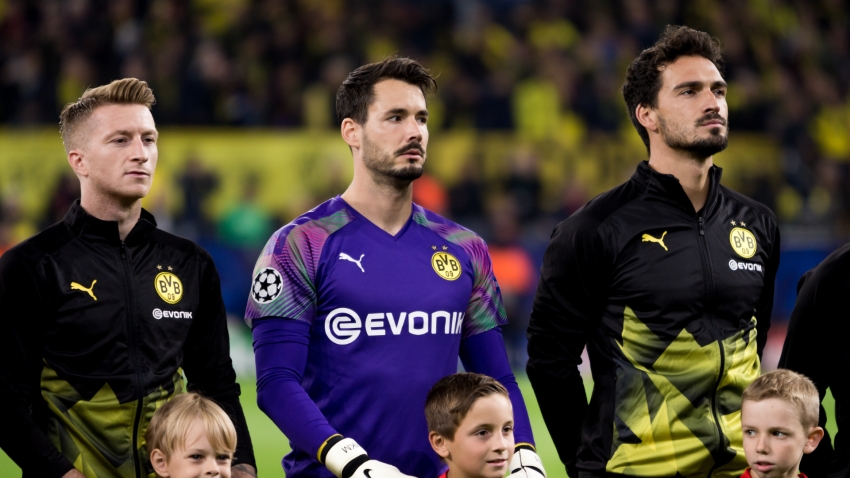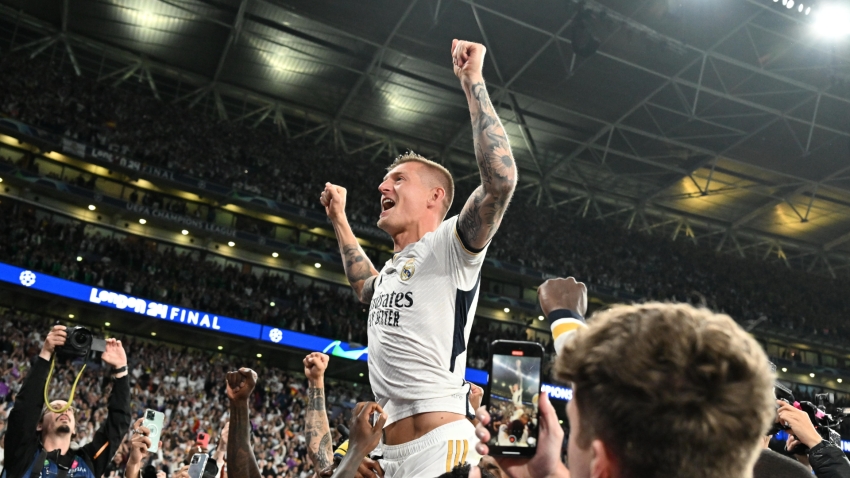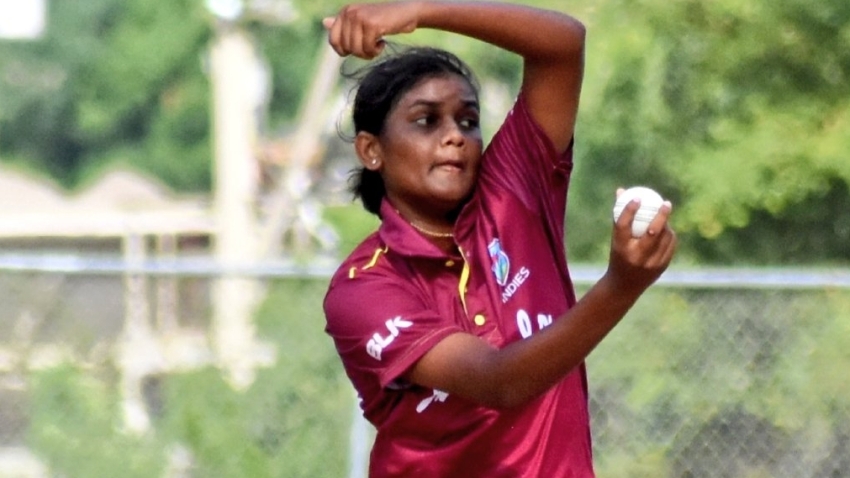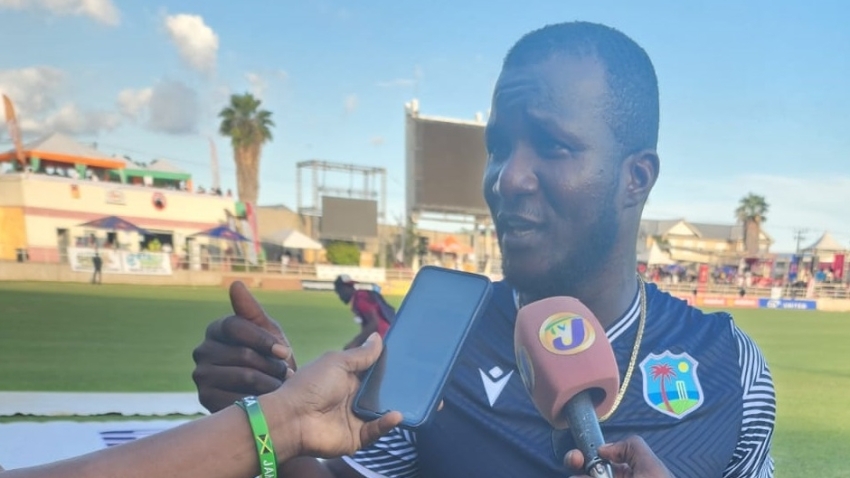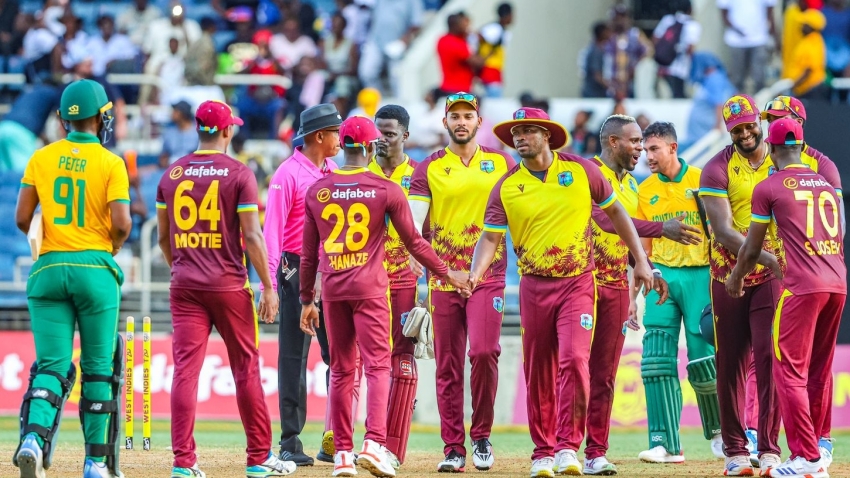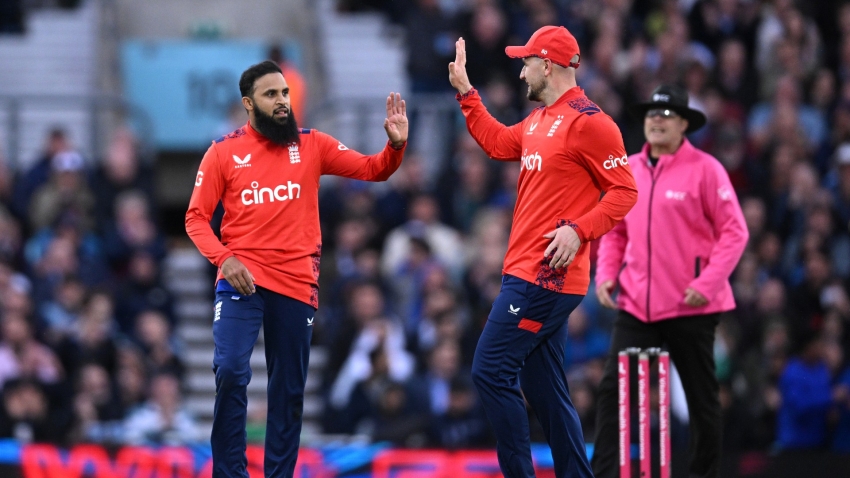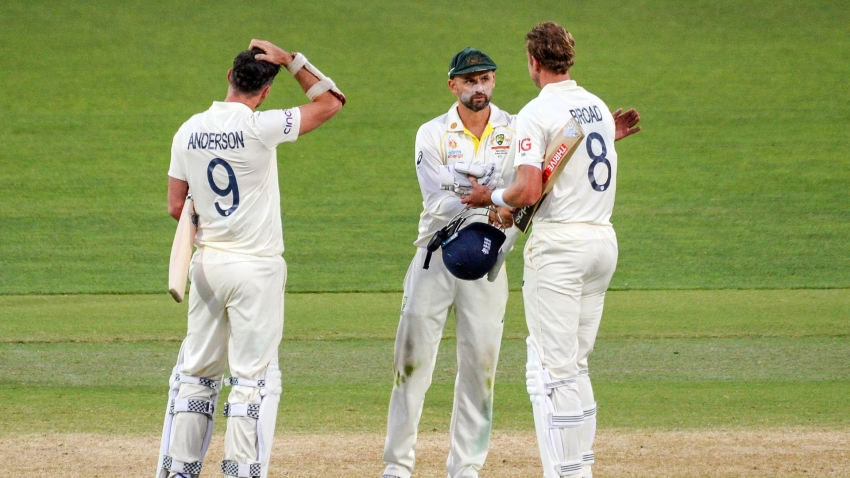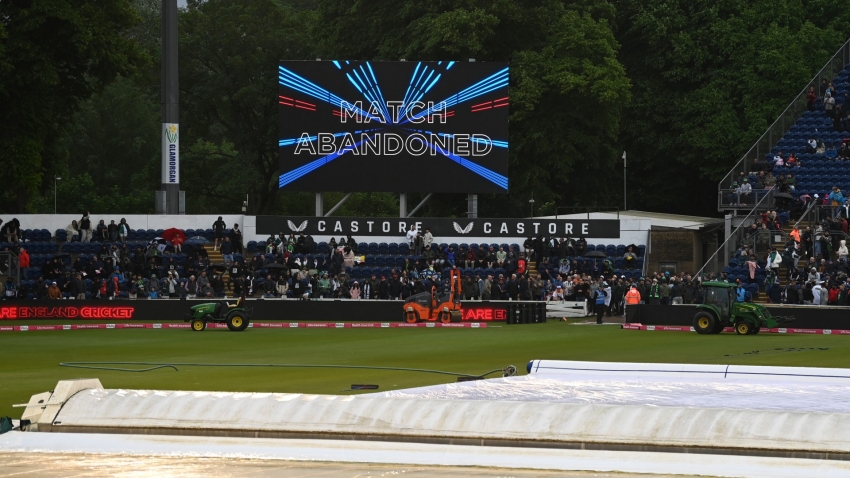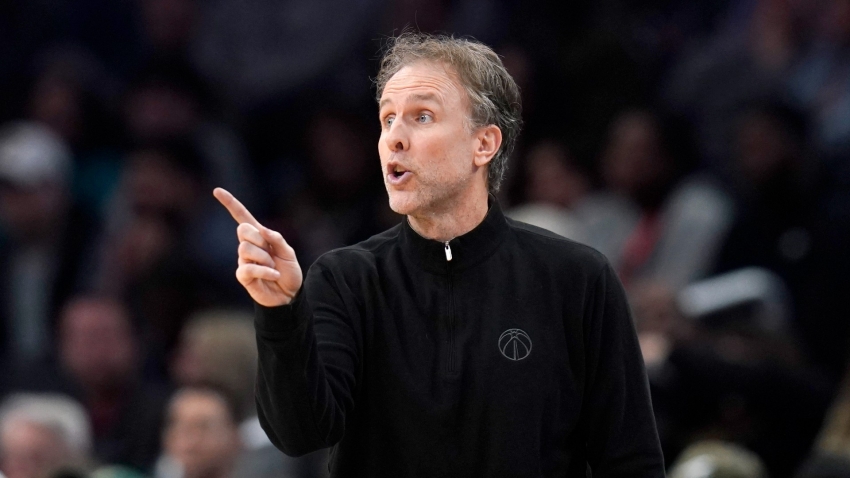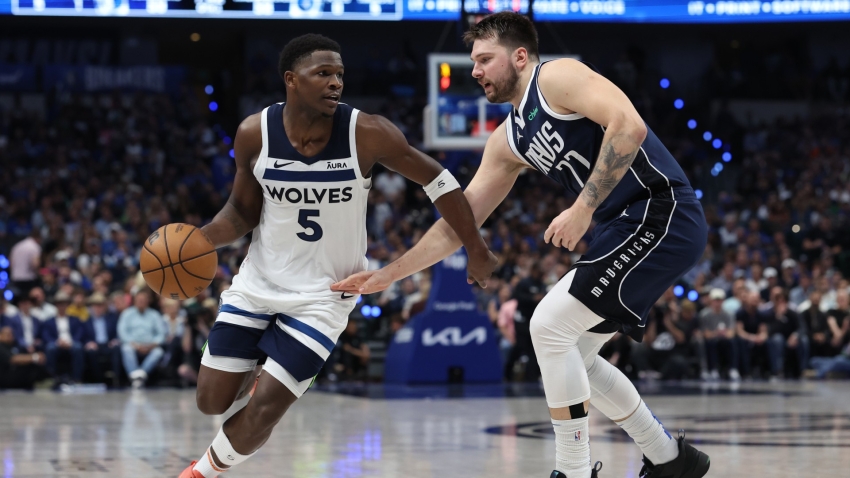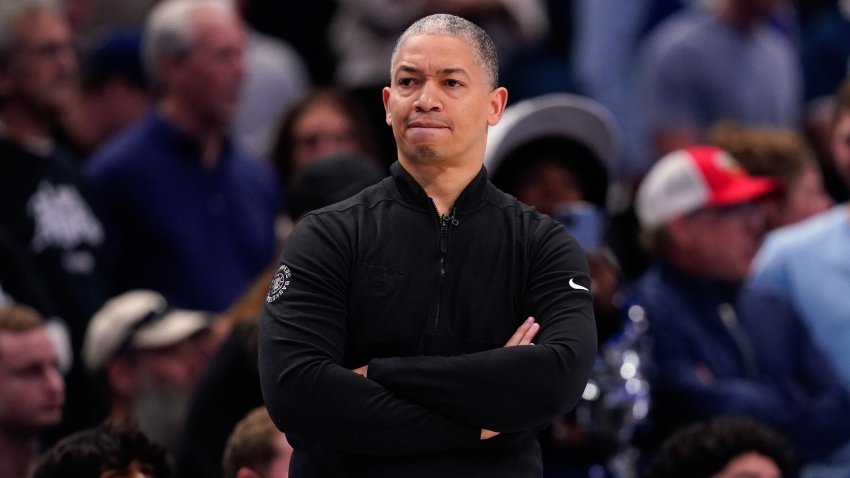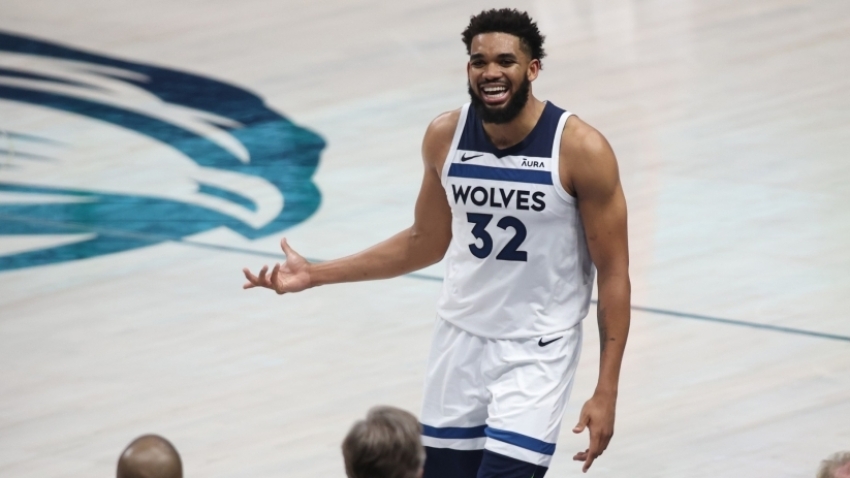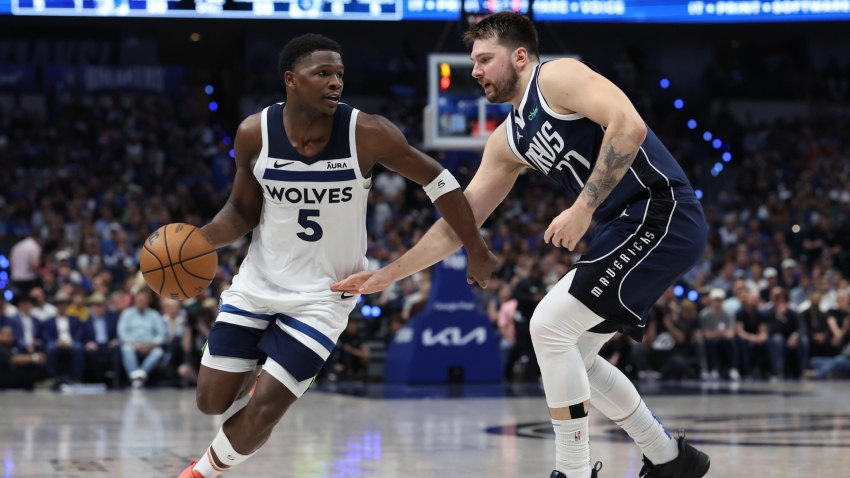Champions League football is a simple game. Twenty-two men run around a field for 90 minutes, and in the end, Real Madrid always win.
Los Blancos claimed their record-extending 15th European crown at Wembley Stadium on Saturday, with late goals from Dani Carvajal and Vinicius Junior enough to see off a spirited Borussia Dortmund side.
The last six of those triumphs have come within the space of 11 years, following an agonising 12-year wait for La Decima, won in Carlo Ancelotti's first stint in charge in 2014.
Few clubs have enjoyed sustained success in Europe's elite club competition. Fewer still have built the kind of dynasty established by Madrid in recent years.
But how does their recent success compare to those of yesteryear, and how do their players and effortlessly cool Italian coach stack up against those who dominated Europe in the past?
Here, we take a deep dive into the Opta data to find out.
Europe's second-greatest side?
Given the depth of talent found across Europe in modern times, the lure of the Premier League and the financial power of state-owned clubs such as Manchester City and Paris Saint-Germain, modern-day Madrid can arguably lay claim to the most impressive run of success in European history.
To triumph in the world's most difficult knockout competition more often than not over the course of 11 years, while replacing stalwarts like Cristiano Ronaldo, Sergio Ramos, Karim Benzema and Iker Casillas, shows an incredible capacity for reinvention.
However, it might be incorrect to suggest Los Blancos' current crop are the most dominant team in European history. That honour goes to… well, Madrid.
Under the tutelage of Jose Villalonga, Luis Carniglia and Miguel Munoz, Madrid won the first five editions of the European Cup from 1955-56 to 1959-60.
That glorious era was capped by a 7-3 win over Eintracht Frankfurt in the 1960 final at Hampden Park, a game that has almost taken on mystical status, with Alfredo Di Stefano scoring a hat-trick and Ferenc Puskas upstaging him with four goals.
While Puskas was only around for the last two of those five victories – also featuring in Madrid's sixth triumph in 1965-66 – Di Stefano was inspirational throughout the first five editions of the European Cup, his total of 36 goals coming in just 35 games and more than doubling that of his closest competitor (Crvena Zvezda great Bora Kostic, with 15).
Left winger Paco Gento was the only player to match Di Stefano's 35 European Cup outings during that time, and his longevity allowed him to play on until 1966 and become the first player to win six European crowns. Only on Saturday was that feat matched, with Toni Kroos, Luka Modric, Carvajal and Nacho following in his footsteps.
Madrid went 32 years without lifting the European Cup after 1966, before the Galacticos delivered three titles in five years between 1998 and 2002, Zinedine Zidane's volley against Bayer Leverkusen being the defining moment of the club's second golden era.
Other sides can lay claim to a period of dominance in the European Cup, with Benfica (1960-61, 1961-62), Inter (1963-64, 1964-65), Liverpool (1976-77, 1977-78), Nottingham Forest (1978-79, 1979-80) and Milan (1988-89, 1989-90) all winning back-to-back titles.
Ajax (1970-71, 1971-72 and 1972-73) and Bayern Munich (1973-74, 1974-75, 1975-76), meanwhile, both managed three-peats.
Madrid's recent run of success may have been broken either side of their own three-peat from 2015-16 to 2017-18, but only the great Blancos side of the 1950s and 1960s have previously won as many as six titles in an 11-year spell.
If the likely arrival of Kylian Mbappe propels them to number 16 next year, modern-day Madrid will have a real claim to have upstaged their forerunners.
Don Carlo: The undisputed GOAT
When it comes to the men in the dugout, there is simply no debate. UEFA's flagship competition belongs to Ancelotti.
Saturday's win was Ancelotti's seventh European crown overall, with two coming as a functional midfielder in Arrigo Sacchi's great Milan side and five arriving as a coach.
That is as many titles as any other club has won, with Milan being crowned kings of Europe on seven occasions (four times with Ancelotti involved as a player or manager).
No other manager has won more than three European Cup/Champions League titles, with Bob Paisley, Zidane and Pep Guardiola joint-second in the charts.
Ancelotti's three triumphs with Los Blancos, meanwhile, are the joint-most by any coach with a single club, alongside Paisley with Liverpool and Zidane with Madrid.
The Italian has won 71.4 per cent of his Champions League games in charge of Madrid across two spells (45/63), while he has the most victories of any Blancos boss since the competition's 1992 rebrand.
As a player and a manager, Ancelotti has experienced eight European Cup/Champions League finals and only failed to lift the trophy on one occasion. It took perhaps the most memorable comeback of all time to deny him, as Liverpool fought back from 3-0 down to beat Milan on penalties in 2005.
Madrid's European aura
For all Madrid's success in the last decade or so, few would argue they have been the continent's most consistent or aesthetically pleasing side throughout that span.
Sometimes, the weight of that iconic white shirt alone seems to be enough to drag Madrid through knockout ties, with almost 70 years of history causing Los Blancos' opponents to wilt at the crucial moment.
Most would hold Manchester City up as the absolute pinnacle of footballing excellence in the modern age, yet in the 2021-22 semi-finals, two Rodrygo goals within the space of 90 seconds were enough to undo 180 minutes of excellent work from Guardiola's team.
In 2023-24, City fired 33 shots at Andriy Lunin's goal over the course of 120 minutes at the Etihad Stadium, the most in any Champions League knockout game since Liverpool attempted 34 against Atletico Madrid in March 2020. But it was all in vain as Madrid clung on before triumphing on penalties.
It is difficult, impossible even, to explain Madrid's logic-defying European results with facts and figures.
Saturday's final saw Dortmund produce 2.08 expected goals (xG) to Madrid's 1.13. BVB's first-half total of 1.68 xG was the largest on record in a Champions League final (since 2013-14) while Los Blancos did not record a shot on target before the break.
Across their last six Champions League knockout games of 2023-24, Madrid lost the xG battle on four occasions, only creating a greater quality of chances than their opponents in both legs of their semi-final triumph over Bayern.
It was a similar story in 2021-22, when Los Blancos lost the xG battle in four of their seven knockout games including the final, when Thibaut Courtois' heroics kept Liverpool at bay.
Since the start of the 2010-11 season, Madrid have 'lost' 26 Champions League knockout games on xG, but boast a record of 11 wins, six draws and nine losses in those contests.
If you fail to put them away, they simply will punish you. Why? A plethora of big-game players certainly helps…
The men for the big moments
Having players well-versed in coming up with clutch moments has helped turn Madrid into a winning machine, almost making their performance levels irrelevant.
It all starts between the sticks. In Madrid's last two Champions League finals, Courtois has faced 12 shots on target but saved all of them, keeping two clean sheets. According to Opta's expected goals on target (xGoT) model, the Belgian prevented 3.4 goals in those matches.
At the other end, Madrid have put their trust in lethal finishers.
In this season's Champions League, Vinicius (six goals from 4.49 xG), Jude Bellingham (four, 3.02 xG) and Brahim Diaz (two, 1.53 xG) all outperformed their underlying numbers, while Rodrygo (five, 5.71 xG) and Joselu (five, 5.44 xG) were not far away.
In 2021-22, their charge was spearheaded by Benzema, who scored an incredible 15 goals from chances totalling just 8.35 xG. With five goals from 2.39 xG, Rodrygo was another notable overperformer.
And of course, Ronaldo was at the forefront of their previous four triumphs. Between the start of 2013-14 and the end of 2017-18, he plundered 53 goals from just 42.9 xG in 50 Champions League matches. The fact he turned those chances into 51.4 expected goals on target (xGoT) only further demonstrates the supreme quality of his finishing.
It hasn't all been about the strikers, though. Who could forget the contributions of Ramos, whose last-gasp header saved Madrid from defeat in the 2014 final against Atletico?
Modric and Kroos, meanwhile, have dictated midfield battles at the highest level well into their thirties.
Kroos produced another metronomic performance in the final game of his club career on Saturday, leading all 22 starters for touches (108), passes attempted (94) and passes completed (91). Only Julian Brandt matched his four chances created, one of which was the corner-kick assist for Carvajal's opener.
With Ancelotti – and Zidane previously – allowing some of the game's greatest improvisers to do their thing, sometimes the data goes out of the window.


